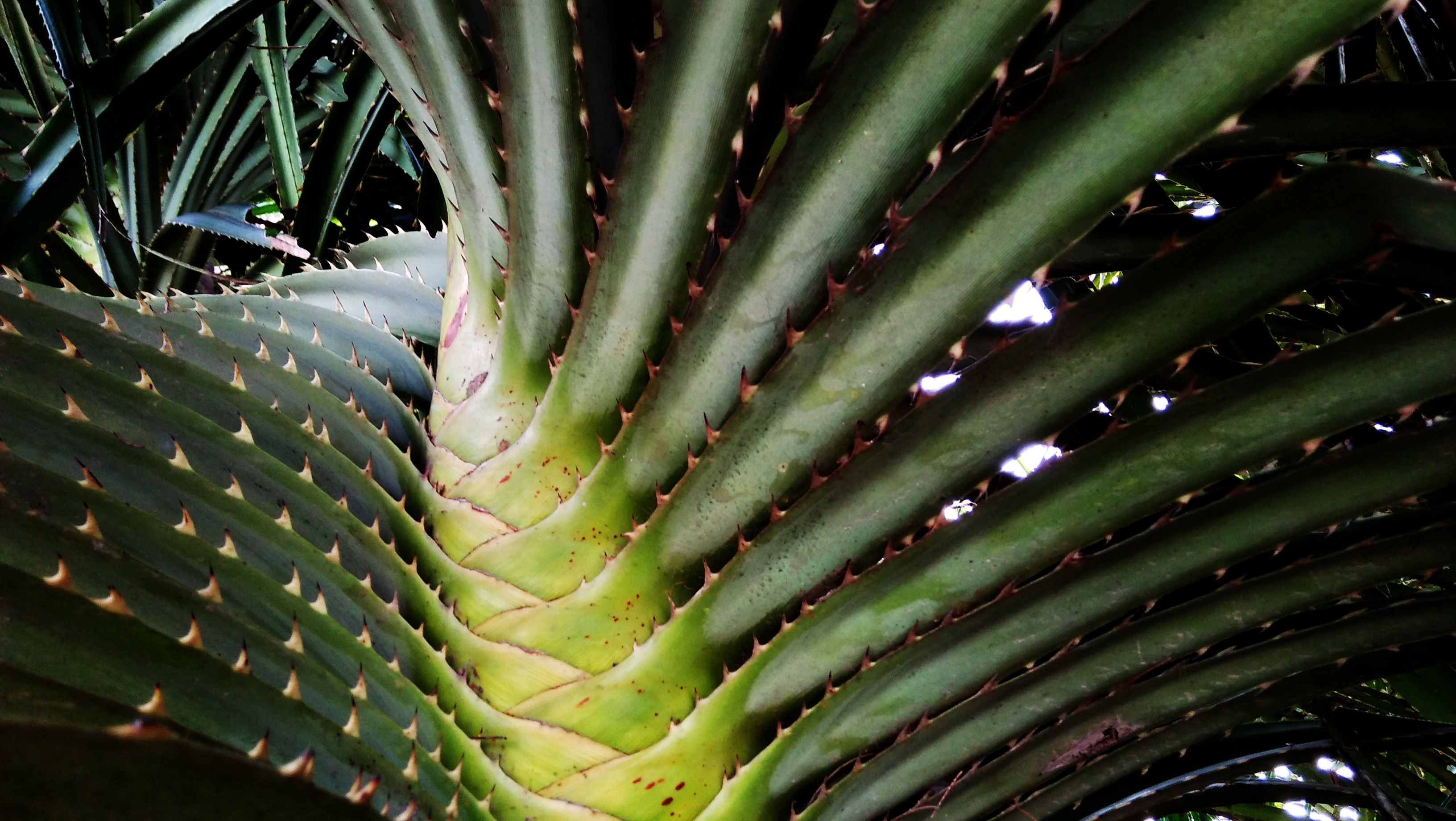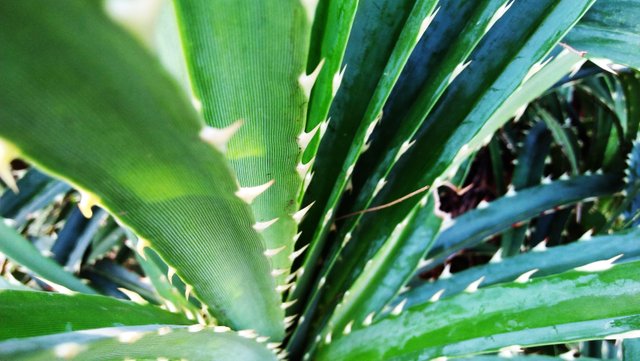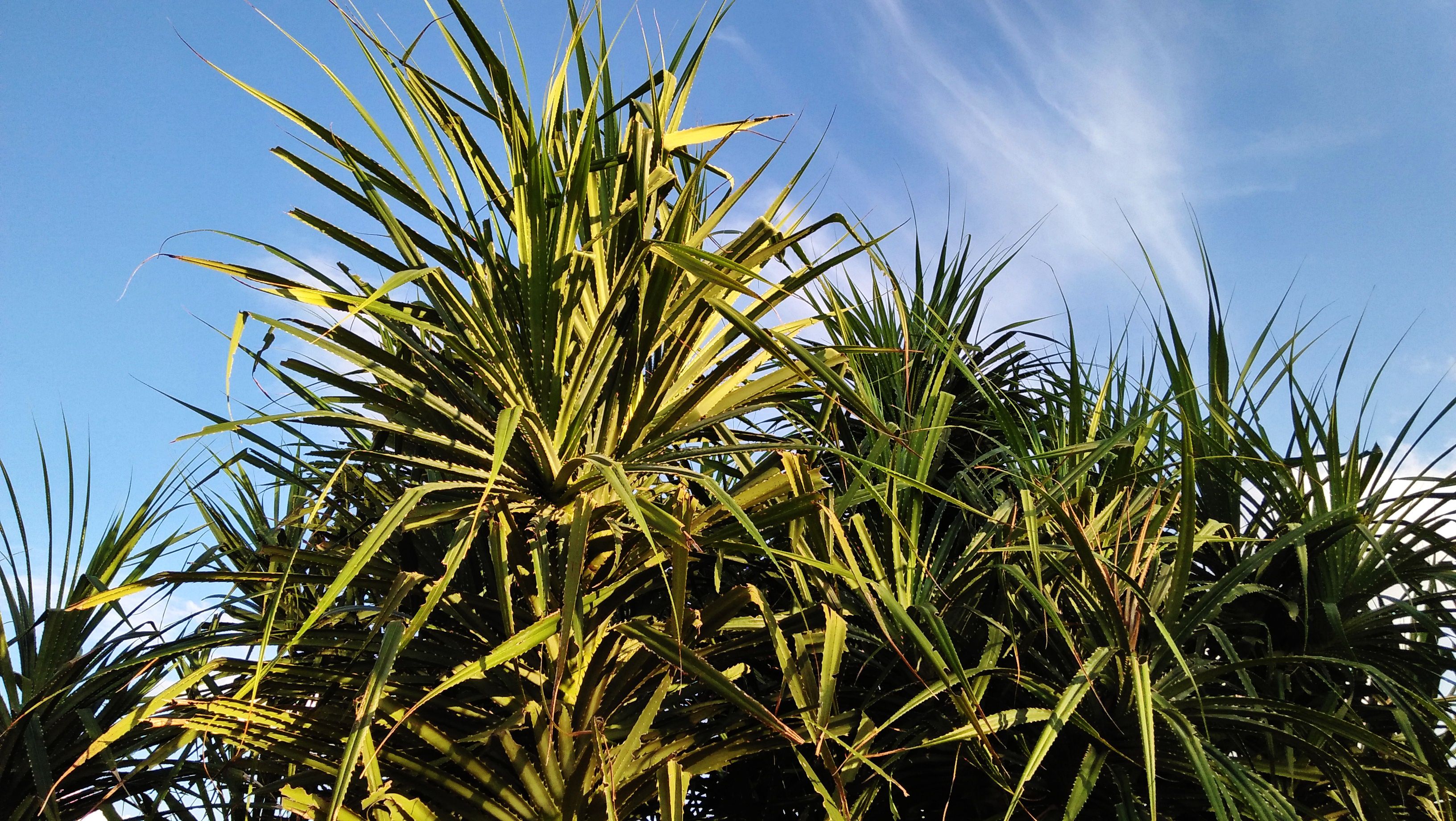Thorny, but useful (about Pandanus tectorius)

This plant is spread across the beaches and islands in South Asia and East to Polynesia.(1) The pictures shown here are marine pandanus plants, which are widely found growing on sandy beaches and nesting in Southeast Asia. (2) This one is certainly in Aceh, the northern tip of the island of Sumatra. Here, it is called as Bak Seuke. The botanical name is Pandanus tectorius.

Pandanus tectorius is considered more drought tolerant than coconut trees.(3) It likes areas with rainfall between 1500-4.000 mm (59-157 in) per year. It is also able to adapt to various types of land on the coast, including quartz sand soils, coral sand, peat, limestone, and also basalt. This plant is tolerant of high salt levels and continuous gusts of wind, and favored the soil with a pH between 6-10 (slightly acidic to alkaline). It grows very well in full sun, although it can also grow well with a shade of 30-50%. (4)
Two very useful things in the social life in which these plants grow are: the leaves and roots.
The leaves. Certain varieties are preferred because the leaves are soft and strong for woven fabrics. Lots of webbing can be produced from these leaves, for example, mats, sandals, bags, tissue boxes, wallets and many others.(5)
The roots. Due to its roots that can grow a lot and strong, then this plant can withstand abrasion and erosion caused by water. In the countryside, generally, it is planted by the river. By some people, it is used as a protective paddy field so as not to be affected by river water erosion if the flood arrives. (6)

Sources:
Great 💕
Thank you.
Good post
Thank you.